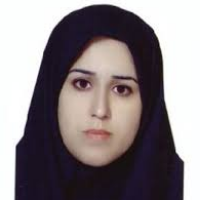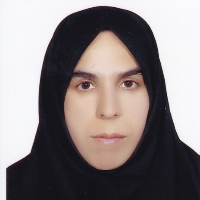identifying the dimensions and components of primary teachers' caring relationship (A systematic review)
Improving students' relationships with teachers has important, positive, and long-lasting implications for students. Therefore, the aim of this study was to identify the dimensions and components of primary teachers' caring relationships.research
The method used in this study is a systematic review, relying on the method of Petty Crow and Roberts (2006) in systematic studies in social sciences. To identify the dimensions and components of primary teachers' caring relationships, first the research questions and search terms in Persian and English were identified and the appropriate databases for receiving relevant resources (including Eric, Scopus, ScienceDirect, and Google Scholar) were identified. In order to select and determine the appropriate articles, criteria were determined based on which the scientific quality of the relevant studies was assessed and the answers to the research questions were extracted. Systematic search according to keywords reached 154 pieces of research, which finally determined 14 pieces of research that met the criteria for in-depth analysis.
By extracting the dimensions of a caring relationship, a total of 29 components were extracted, which are the components of the existence of an interactive teacher-student relationship and not a top-down relationship; Effective classroom management; Recognize students' abilities, needs, and preferences; The level of academic ability and progress of students; Meeting the cultural, educational and personal needs of students; Good mood and kindness in dealing with students; Extraversion and students' desire for emotional or academic support; and teacher-student attitudes and views towards each other had the highest repetition among the studied sources.
Identifying and extracting the ingredients of an effective and positive relationship is therefore essential in order to emphasize and focus on strengthening the components of this relationship.
-
Presentation of Administrative Standards Model for Educational Leaders in Third Millennium Schools
Kadhim Ajrash. Jarullah Al-Nasaar, Faranak. Mosavi*, Ismael Abd Zaid. Ashour Alkareemawi, Nasrolah. Ghashghaeizadeh
Journal of Innovation Management and Organizational Behavior, Summer 2025 -
The Impact of Active Learning Method on Academic Achievement, Motivation, and Attitudes Towards Mathematics
Mostafa Hadi Ghazal, Mohammadali Nadi *, Saleh Sahib Kazem, Faranak Sadat Mosavi
International Journal of Education and Cognitive Sciences, Spring 2025 -
Identifying the Components and Developing an Intelligent Leadership Model for School Principals
Mohammad Nazari, Elham Kaviani *, Susan Laei,
Journal of New Approaches in Educational Administration, -
The Role of Social Capital and Organizational Learning Ability in Knowledge Creation in Order to Provide a Suitable Model
Nooshin Mohammadi, Faramarz Malekian, Bahman Saeidipour*, Sousan Layi
Journal of New Approaches in Educational Administration,



